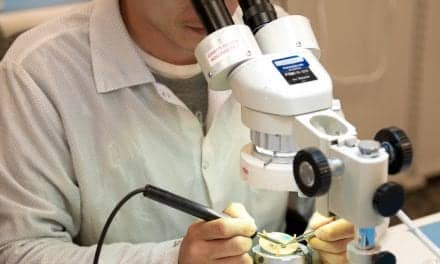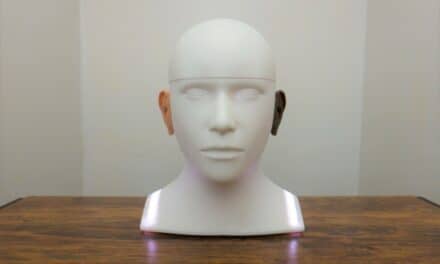As the global health community prepares to mark World Hearing Day on March 3, the American Speech-Language-Hearing Association (ASHA) and the Hearing Loss Association of America (HLAA) announced that they are encouraging all Americans to prioritize their hearing health—starting today.
“Unfortunately, a myth persists among adults in this country that hearing loss can be put on a back burner because it isn’t as serious as other health conditions,” said Theresa Rodgers, MA, CCC-SLP, 2020 ASHA president.
“Nothing is further from the truth,” she continued. “Often left untreated in adults, hearing loss is associated with other medical conditions such as dementia, heart disease, and diabetes—and can have a negative impact on one’s social life, personal relationships, mental health, and quality of life.”
A host of effective intervention and treatment options exist for people across the lifespan with all degrees of hearing loss, according to Barbara Kelley, executive director of HLAA.
“Whether hearing loss is something a person is born with or something they acquire months, years, or decades later, this World Hearing Day, we want to empower and motivate people to take the next step towards good hearing health.”
A global observance held annually to raise awareness about how to prevent hearing loss and promote ear and hearing care, World Hearing Day activities are spearheaded by the World Health Organization (WHO). According to WHO, 466 million people worldwide have disabling hearing loss at an annual cost of $750 billion USD. That figure encompasses health (excluding the cost of hearing devices), educational, productivity, and societal costs.
In the United States, approximately 48 million Americans have some degree of hearing loss. It is the third most common chronic physical condition that Americans experience.
ASHA and HLAA have collaborated on a series of educational materials for consumers and professionals alike to use and share this World Hearing Day 2020—those materials are available here.
If you have concerns about your hearing, schedule an evaluation with a certified audiologist. A searchable database is available at www.asha.org/profind. For more information about hearing loss, and to find support, visit www.asha.org and www.hearingloss.org.
Source: ASHA, HLAA
Image: WHO, ASHA, HLAA





